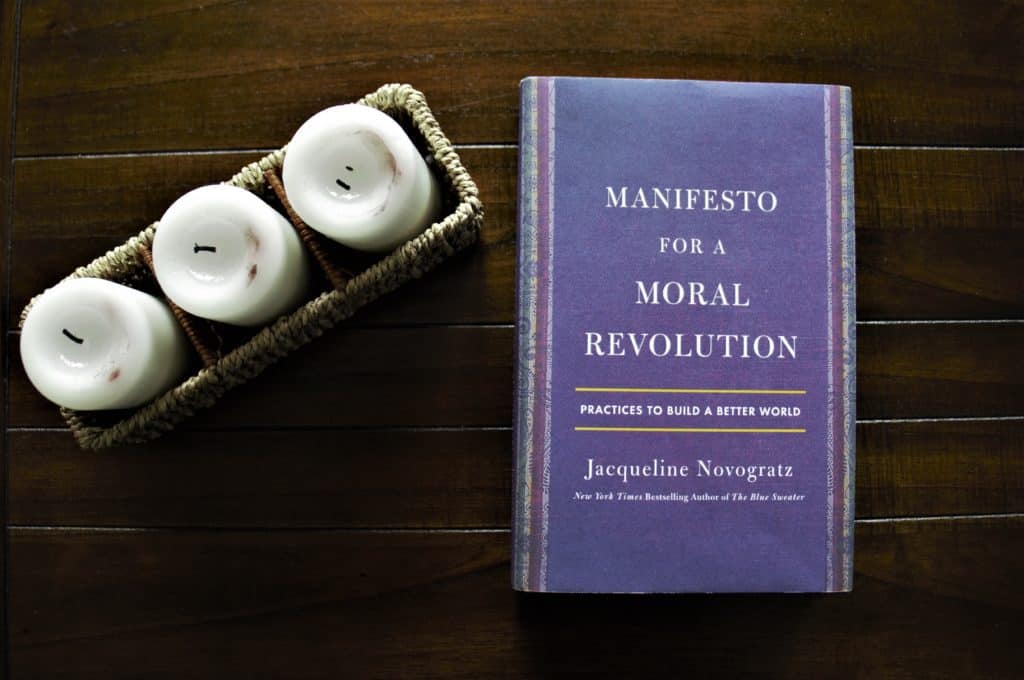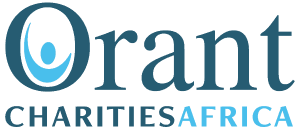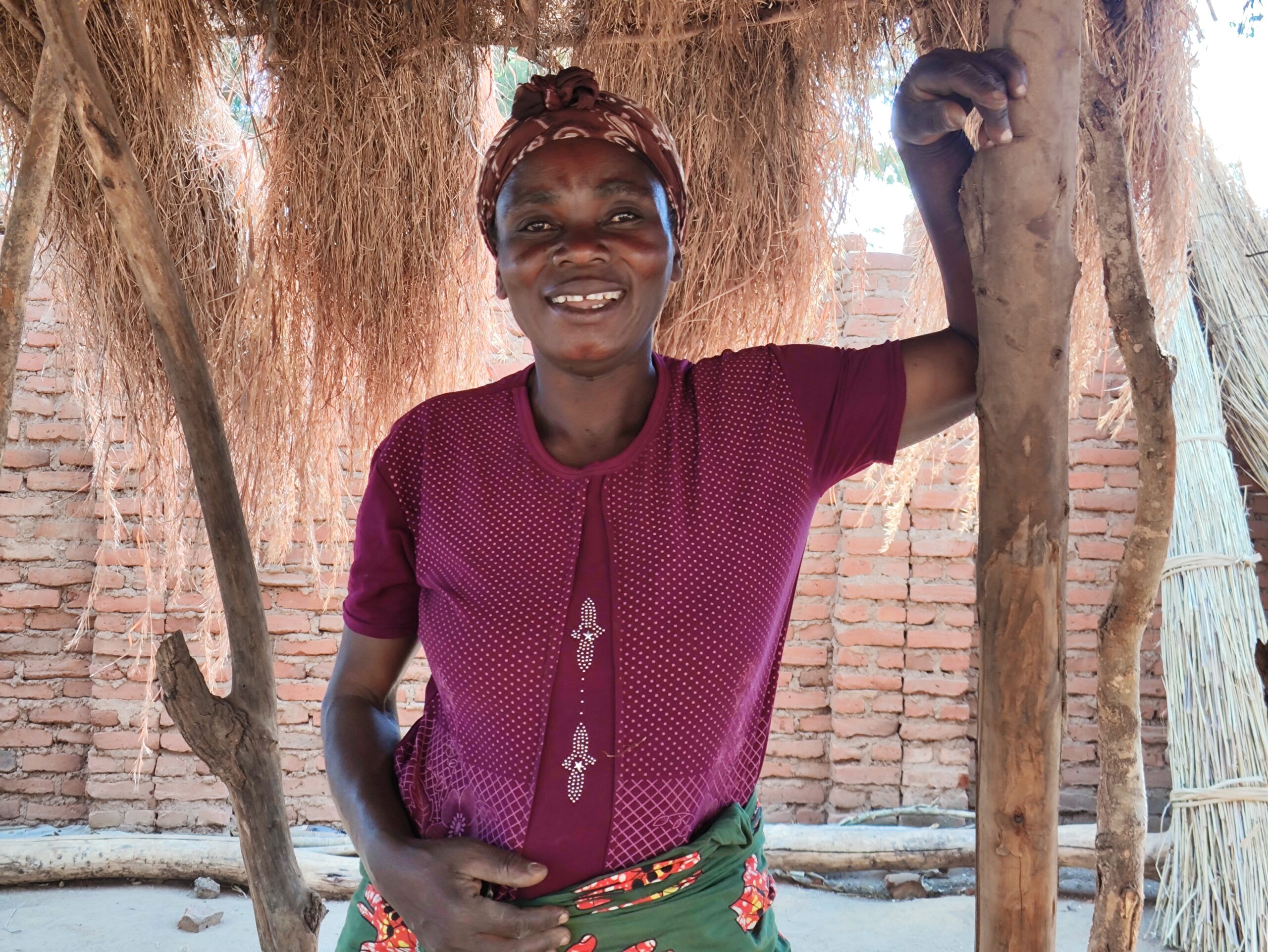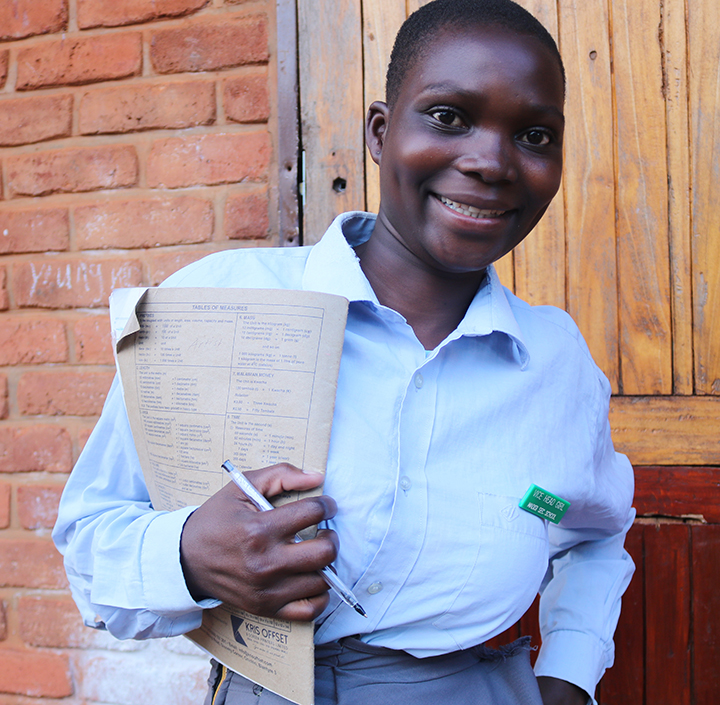“Orant respectfully serves and collaborates with our community in a sustainable way.”
Practices for a Moral Revolution
Book by Jacqueline Novogratz offers insights on how to build a better world

In a small village in Pakistan, a girl named Shameem Akhtar was born. Her tribe saw girls as a burden. No girl in her village had ever attended school. Her parents, only teenagers, did something daring and imaginative. They raised Shameem as a boy. Unlike other village girls, Shameem went to school. She sat at the feet of elder men during councils. And she studied hard to be the best in her class.
Eventually, Shameem went on to university. She was able to stop posing as a boy. After graduating, she started a job, allowing her to send money home to her parents. For the first time, her village saw the benefits of educating girls.
Shameem’s story is one of courage, love, and potential. Her parents challenged cultural status quos. Shameem’s potential could have been lost. Instead, she went on to earn a Ph.D. More importantly, she returned to her region to pay it forward. She is now a teacher, working to educate and empower eager and capable girls like she herself once was.
We came across Shameem’s story in Jacqueline Novogratz’s book Manifesto for a Moral Revolution. The Manifesto is 252 pages of resilient hope for change-makers. It is filled with inspiring stories like Shameem’s. Stories about people who lead with moral courage and imagination. People who make positive change in a broken world. People who use their gifts to lift the lives of the poor—smartly, empathetically, and effectively.
“What if our Golden Rule were not only “Do unto others as you would have them do unto you” but also “Give more to the world than you take from it”?” Jacqueline asks.
With over 30 years of experience in change-making, Jacqueline cuts to the heart of things. She challenges how we calculate success in terms of profit and status. “Laughter, respect, a sense of belonging, dignity—these are the things that matter the most to our experience as human beings,” Jacqueline argues. Thus, they are the metrics that we should celebrate. That we should incorporate into business models. That we should embody in every domain of our lives.
Jacqueline’s book is a breath of fresh air for anyone feeling jaded by the state of the world. It is a rallying cry against cynicism and toward hope. Toward more than hope, toward action.
“Change is the domain of all of us,” she writes.
Change is the domain of Orant. It is the domain of you.
If you’re interested in building a more equitable and sustainable world, you might find value in reading Manifesto for a Moral Revolution. You can even host a book club. And/or, listen to the author share her expertise on this podcast. We’d love to hear what you think. Let us know!
The Orant Journal
The Village Chief’s Vital Role
Ever wondered why we always mention village chiefs and their involvement in Orant’s work? If yes, then today’s blog article is for you! In this article, we talk to Village Head of Kasese Village in Dowa, who tells us about her duties and why her involvement with Orant is important. Read today's blog article to learn more.
Of 20 Orant sponsored students who sat for the Malawi School Certificate of Education Examination (MSCE) last year, 18 qualified for University, and we are thrilled to announce that 14 have secured places at public universities! Of the 14, two are boys and 12 are girls. Read our latest blog and learn more about what this means to Orant.
Orant Nyali Yanga Poetry Competition: Unlocking Creativity
Some weeks ago, we opened our Orant Nyali Yanga Poetry Competition as a way of encouraging creative expression in Dowa Secondary School Students. We are excited to announce that the competition is still open and the deadline has been extended to July 15th! Read our latest article to learn more about the competition, what it means to us and how important it is to the schools and communities we work with.
The End of Plenty Book Review
Recently, we read The End of Plenty by Joel K. Bourne Jr. An honest and sometimes scathing review of the Green Revolution, this book covers how monoculture crops have led to worsening hunger across the world. As the planet warms, the need is ever more urgent for us to find a solution to humanity’s desperate need to feed 9 billion people.
Poetry Competition
Let your light shine with our new poetry competition for secondary school students in Dowa district!
Promoting Education Equality through Student Sponsorships
On Saturday, April 27, we are holding a Spring Bingo fundraiser in support of education in rural Malawi. Read today’s blog article to learn more about how your support will help in promoting education in rural Malawi.
Urbanisation in Malawi: MW2063 Pillar #3
As we have discussed in some of our past blogs, Malawi Vision 2063 has three key pillars that guide the focus of the Vision. These three pillars are meant to build on each other to create the inclusively wealthy and self-reliant nation that they envision. In this blog, we will look at the third pillar of MW2063: Urbanisation.
How big is Malawi?
How big is Malawi? How does Malawi compare to US states? Learn more here!
Best Things to Do in Malawi
Whether you are planning an African trip or just curious about the things we love about Malawi, read today’s blog to see the best things to do in Malawi!









